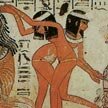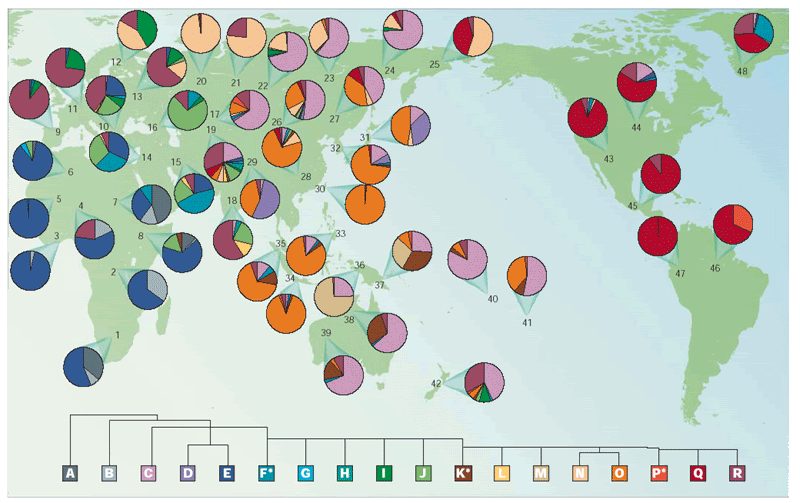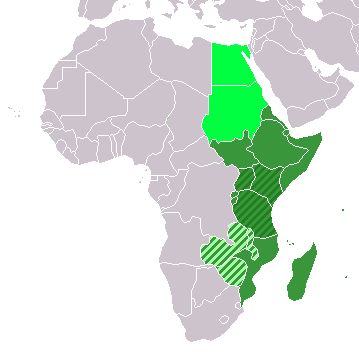Djehuti posted:
quote:
Clyde Winters:
The Berber languages as pointed out by numerous authors is full of vocabulary from other languages. Many Berbers may be descendants of the Vandels (Germanic) speaking people who ruled North Africa and Spain for 400 years. Commenting on this reality Diop in The African Origin of Civilization noted that: “Careful search reveals that German feminine nouns end in t and st. Should we consider that Berbers were influenced by Germans or the referse? This hypothesis could not be rejected a priori, for German tribes in the fifth century overran North Africa vi Spain, and established an empire that they ruled for 400 years….Furthermore, the plural of 50 percent of Berber nouns is formed by adding en, as is the case with feminine nouns in German, while 40 percent form their plural in a, like neuter nouns in Latin.
![[Eek!]](eek.gif)
Apparently for all his 'knowledge' on linguistics, Winters must have forgotten that feminine nouns and names in Afrasian languages also end in a vowel followed by a 't'!!
For example, Egyptian female names like Aset (Isis), Maat, Nofret, Merit etc.
Semitic female names like Benet --meaning daughter, Anat, Astoret etc.
Even Cushitic names like the common Somali name 'Asha' was most likely derived from Ashait.
Ironically, this coincidental similarity to German was one of the "evidences" used by past Eurocentric scholars in their attempt to place the origins of Afroasiatic outside of Africa, and is no doubt still being used by Nostraticists!!
LMFO
![[Big Grin]](biggrin.gif) Apparently Winters has bought their nonsense as well!
Apparently Winters has bought their nonsense as well! 
![[Wink]](wink.gif)
![[Roll Eyes]](rolleyes.gif)






![[Embarrassed]](redface.gif) It's people like him who are the reason why people don't take African scholars seriously!!
It's people like him who are the reason why people don't take African scholars seriously!! ![[Smile]](smile.gif)



![[Cool]](cool.gif)

![[Confused]](confused.gif) for the record E3b2 CANNOT be a signature lineage because older human bones have been found in North Afrika, that pre-dates your 'signature berber lineage'
for the record E3b2 CANNOT be a signature lineage because older human bones have been found in North Afrika, that pre-dates your 'signature berber lineage' 








![[Frown]](frown.gif)